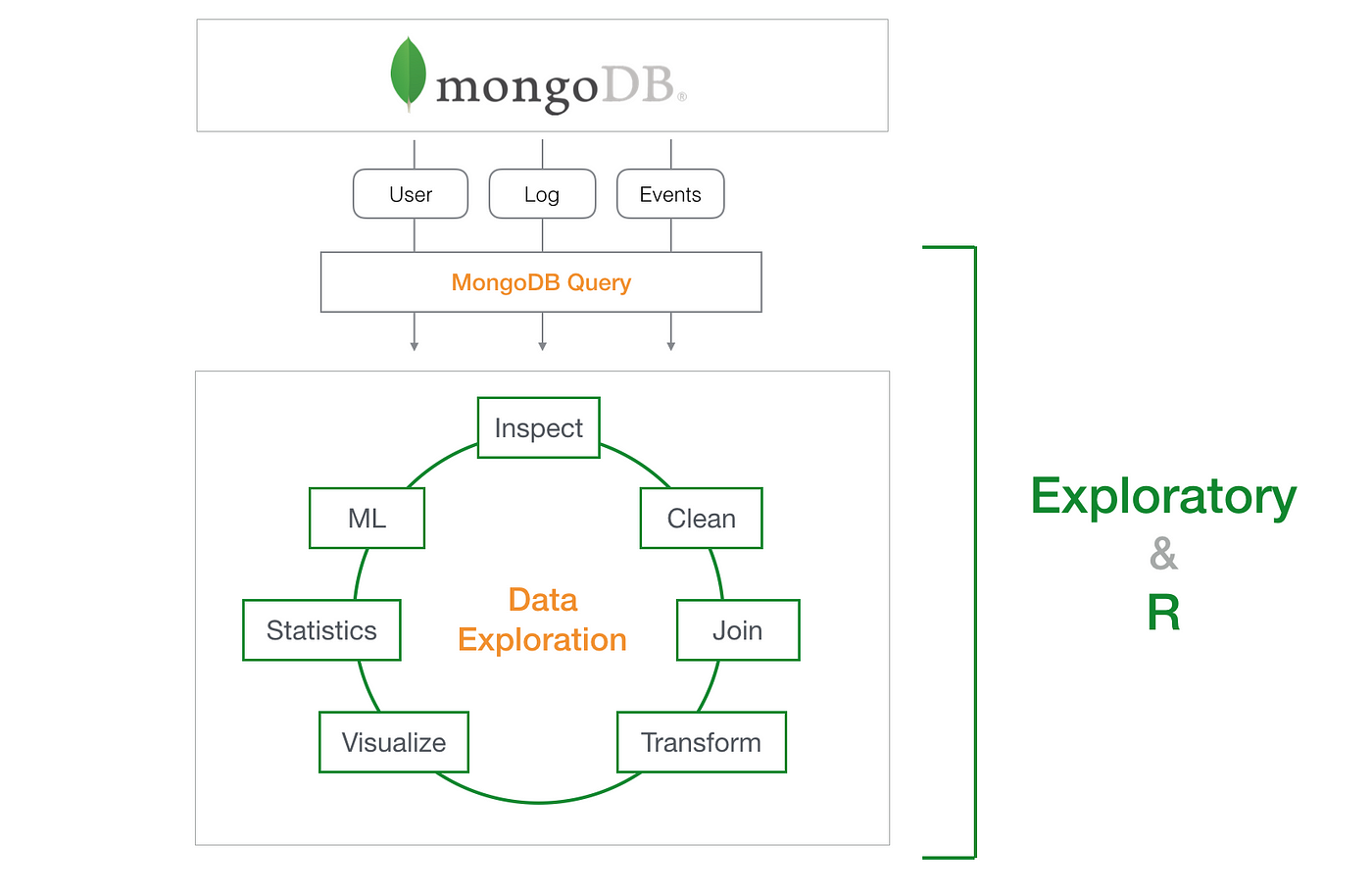MongoDB Data Types Explained
MongoDB Data Types Explained
Introduction
MongoDB is a NoSQL database that stores data in flexible, JSON-like documents. These documents use a format called BSON (Binary JSON), which supports a wide variety of data types. Understanding MongoDB's data types is essential for effective data modeling and querying. In this blog, we will explore all the data types supported by MongoDB.
Explanation
1. String
Used to store text.
BSON Type Number: 2
Eg.
2. Integer
Stores whole numbers.
MongoDB supports 32-bit (int) and 64-bit (long) integers.
BSON Type Numbers: 16 (int32), 18 (int64)
Eg.
3. Double
Stores floating-point numbers.
BSON Type Number: 1
Eg.
const { Double } = require('mongodb');
db.collectionName.insertOne({
"value": new Double(123.45)
});
4. Decimal128
High-precision decimal, useful for financial calculations.
BSON Type Number: 19
Eg.
5. Boolean
Stores true or false.
BSON Type Number: 8
Eg.
6. Date
Stores date and time in UTC.
BSON Type Number: 9
Eg.
7.ObjectID
Unique ID for each document, 12-byte hexadecimal string.
BSON Type Number: 7
Eg.
8. Array
Stores a list of values.
BSON Type Number: 4
Eg.
9.Object
Used to store embedded documents (key-value pairs).
BSON Type Number: 3
Eg.
10.Null
Represents a null or missing value.
BSON Type Number: 10
Eg.
Future Scope
New native data types (e.g., GeoJSON, Decimal128)
AI/ML support (vector, image/audio metadata)
-
Improved time-series data handling
-
Advanced schema validation
-
Better cross-platform compatibility (APIs, GraphQL)
-
Cloud-optimized types (Atlas, sharding)
-
Industry adoption (healthcare, e-commerce, banking)
-
Enhanced binary/encrypted type handling
-
Support for custom/user-defined data type
Better SDK & tool integration for developers
Conclusion
MongoDB offers a rich set of data types through BSON to handle various kinds of data efficiently. Knowing the available data types helps in designing flexible and optimized database schemas. Use types like Decimal128 for precision, ObjectId for unique IDs, and Date for time-related data.
Tip: Use the right data type for the right data to improve performance and ensure accurate queries.
Happy Coding!
SANKET BADE
University: Sri Balaji University, Pune
School: School of Computer Studies
Course: BCA (Bachelor of Computer Applications)
Interests: NoSQL, MongoDB, and related technologies












Its Very Nice ..
ReplyDeleteHelpfull and Well Explained and Understand for Students.
Good work..
ReplyDeleteNice blog
ReplyDeleteVery good work
ReplyDeleteUseful and informative blog👍🏻
ReplyDeleteNice and easy to understand 👍
ReplyDeleteExcellent work
ReplyDeleteWell explained
ReplyDeleteVery informative blog
ReplyDeleteInformative
ReplyDelete